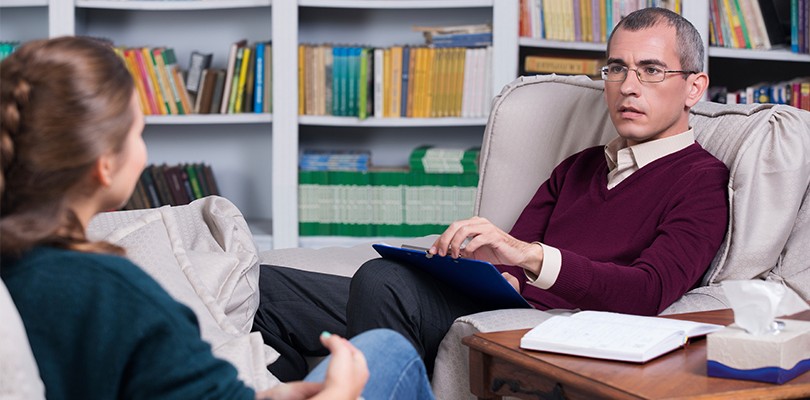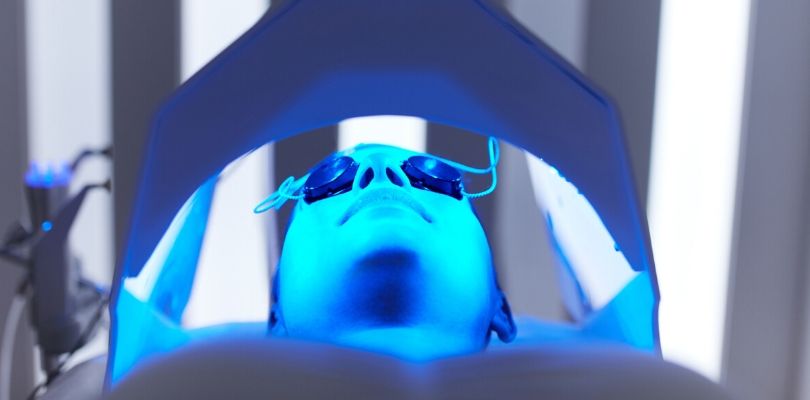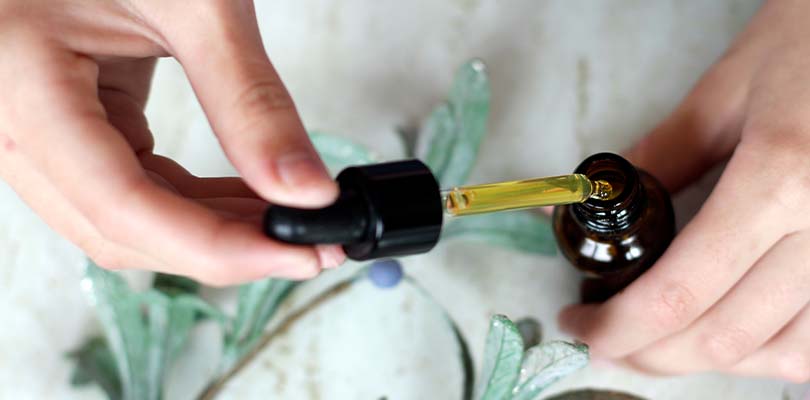
Photo Credit: alexsokolov / istockphoto.com
2. Attending Counseling
Some people shy away from some of the most effective therapies for ADHD because they fear the word “counseling.” There are many types of counseling available that make life with ADHD simpler and more enjoyable.
Counseling may involve learning cognitive techniques to manage the stress of living with ADHD. It can also help with organization and prioritization skills. Some people who have ADHD are impulsive, creating challenges for themselves and their family members. Strategies may be taught that help reduce impulsivity and increase understanding among family members.
Counseling can also help to with emotional issues that are so common in people with ADHD, helping people to realize their value and help them to feel better about themselves. Teens and adults who have ADHD have an elevated risk of substance abuse, and counseling can help at-risk and addicted people avoid further dependency issues.
Counseling is an excellent tool for promoting a healthy lifestyle, learning to relax, and gaining skills that enhance everyday life.
Light box therapy has become a more popular option with ADHD treatment. Here you will learn about all of its benefits and how it works.







